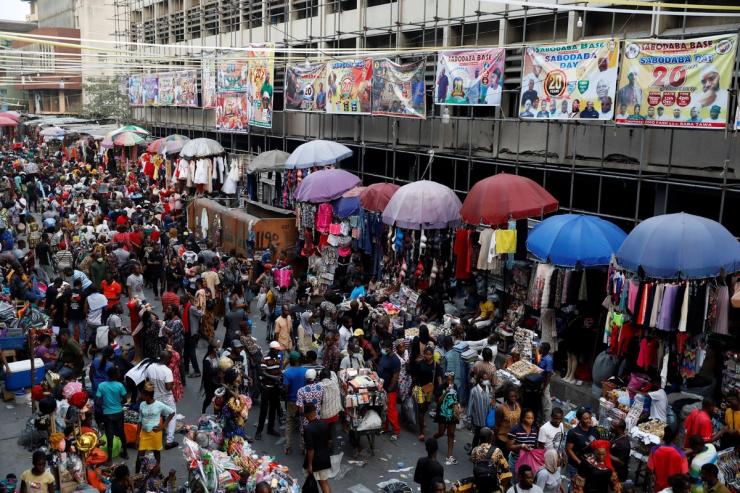Kingsley’s view
Africa’s 22 billionaires, according to Forbes, are richer than ever — with their combined fortunes surpassing $100 billion for the first time last year. But the real test of progress for African countries is not the rising wealth of a few super-rich, it is whether citizens at the bottom of the pyramid can attain basic living standards, like in other parts of the world. China, which pulled 700 million people out of poverty and into the middle class over the past 35 years, is the real role model.
Why has capitalism created broad-based wealth in the West and Asia, but not in Africa?
The answer to this conundrum lies not in the markets, as conventional wisdom often argues, but in the domain of governance and public policy. Without competent economic statecraft and public policy, Africa’s private sector cannot create wealth for more than a handful of elite entrepreneurs. The continent will continue to have differing versions of crony capitalism in which politicians, and those with access to them, will prosper, but there is no real economic productivity or broad-based wealth creation because the poor have no way up.
Many African governments have abdicated their responsibility to overcome the continent’s wealth paradox because they misunderstood — and misapplied — the lessons from the failure of socialism and the end of the Cold War three decades ago. They have adopted an artificial separation of the state from the market. But the two are both sides of one coin. Yes, the markets can never do the work of the government — to secure the population, generate public revenues, deliver basic social services, and create an enabling environment for business. Governments, on the other hand, can’t be the market, setting prices, or sucking the oxygen out of enterprise with excessive regulation. But governments must regulate the market. Even invest in it too, sometimes. The “capitalist” US government’s acquisition of a 10% stake in Intel or China’s state-owned corporations working alongside private ones, demonstrates the intricate relationship between states, markets, and economic statecraft.
Overcoming Africa’s prosperity paradox will require breaking down structural barriers to prosperity creation across the continent. This means addressing the challenges of security, electricity, and energy poverty, and ensuring access to finance on affordable terms for both large firms and small and medium enterprises at the bottom of the pyramid. Other prerequisites include creating a skilled youth workforce with appropriate investments in education, creating incentives for scientific innovation and the commercialization of its products, and reviewing property rights. Governments are best placed to lead the way on these challenges with competent public policy, while business comes behind as a partner and the biggest player once the environment is right.
Capitalism is a philosophy. Even in its various iterations — entrepreneurial, welfare, crony, or “state-led capitalism” as in China — it can’t create wealth without structural pathways. This requires capable states and competent governance. The breakdown of security in the Sahel region and the civil war in Sudan, for example, can’t allow economic productivity to thrive. Private capital cannot fill this hole. And without closing such gaps, broad-based prosperity on the continent will remain a pipe dream.
Kingsley Moghalu is the president of the IGET Academy, a public policy think tank, and a former deputy governor of the Central Bank of Nigeria.
Notable
- Borrowing has not delivered growth for Africa in the way it has for countries in Asia, The Pan African Review wrote.


